Environmental sustainability at Kanambo
We’re proud of the fact that the Kanambo farm is completely off the grid and almost fully self-sufficient. Because of this, we’d like to tell you a bit more about how we’re sustainable and why it’s important.
We practice sustainable hunting
Trophy hunting today is helping protect local wildlife populations and maintain the natural ecosystems in which they live. In Namibia, hunting is well-regulated and species-specific quotas are set annually, ensuring that wildlife populations remain robust. In addition, the economic impact of trophy hunting encourages conservation efforts in Namibia, which in many cases results in growing wildlife populations and wilderness areas, and increased funding for environmental protection and anti-poaching efforts.
At Kanambo, not only do we adhere strictly to hunting quotas, but we ensure that all our game remain free-ranging so that their migration patterns do not suffer from human interference. If you would like to learn more, please read this paper by Catherine Birch, an economist at the Namibia Nature Foundation.
Sustainable agriculture
Kanambo is a working cattle farm, but we care very much about maintaining the natural landscape for future generations. To this end, we keep a strictly limited herd 1,300 head (depending on rainfall) to avoid overstocking. In addition to maintaining a number of cattle that ensures we never overgraze the land, we ensure our cattle range over a very large area – 400 hectares (about 1,000 acres) at a time – so that we can control their impact and move them whenever they could overgraze.
Keeping Kanambo off the grid and self-sufficient
Kanambo generates its own electricity through solar panels, and draws its own groundwater. Between the farm’s garden, its small herd of sheep, and regular hunting trips, it’s almost entirely self-sufficient in terms of food. In addition to cuts for cooking and roasting (game and sheep), we also make our own salami, jagdwurst, paté, smoked meat, biltong, droëwors, and even warthog ham, just to name a few.
We have our own meat preparation facilities on the farm, and we ensure that we always use the whole animal – from using the bones for soup to its stomach contents for compost – so that nothing is wasted.If you’d like to find out more, we would be happy to talk to you. Please get in touch via our contact page.



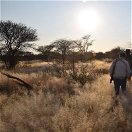
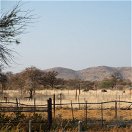
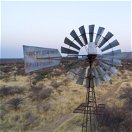
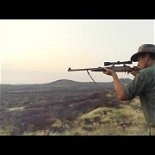
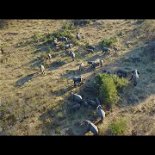
Share This Page